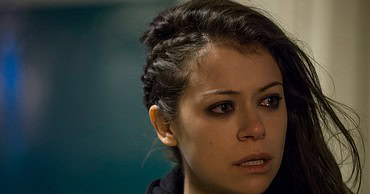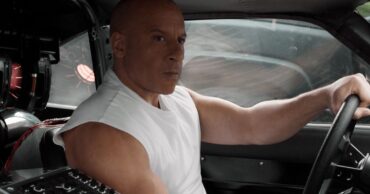Rachel Sennott takes on her most dramatically challenging role yet in I Used to Be Funny. This Canadian feature heavily relies on a mix of stand-up comedy, anxiety, and depression to craft its narrative. Directed by Ally Pankiw, the film follows the life of aspiring comedian Sam Cowell, portrayed by Sennott, as she struggles with mental health issues stemming from multiple traumatic events.
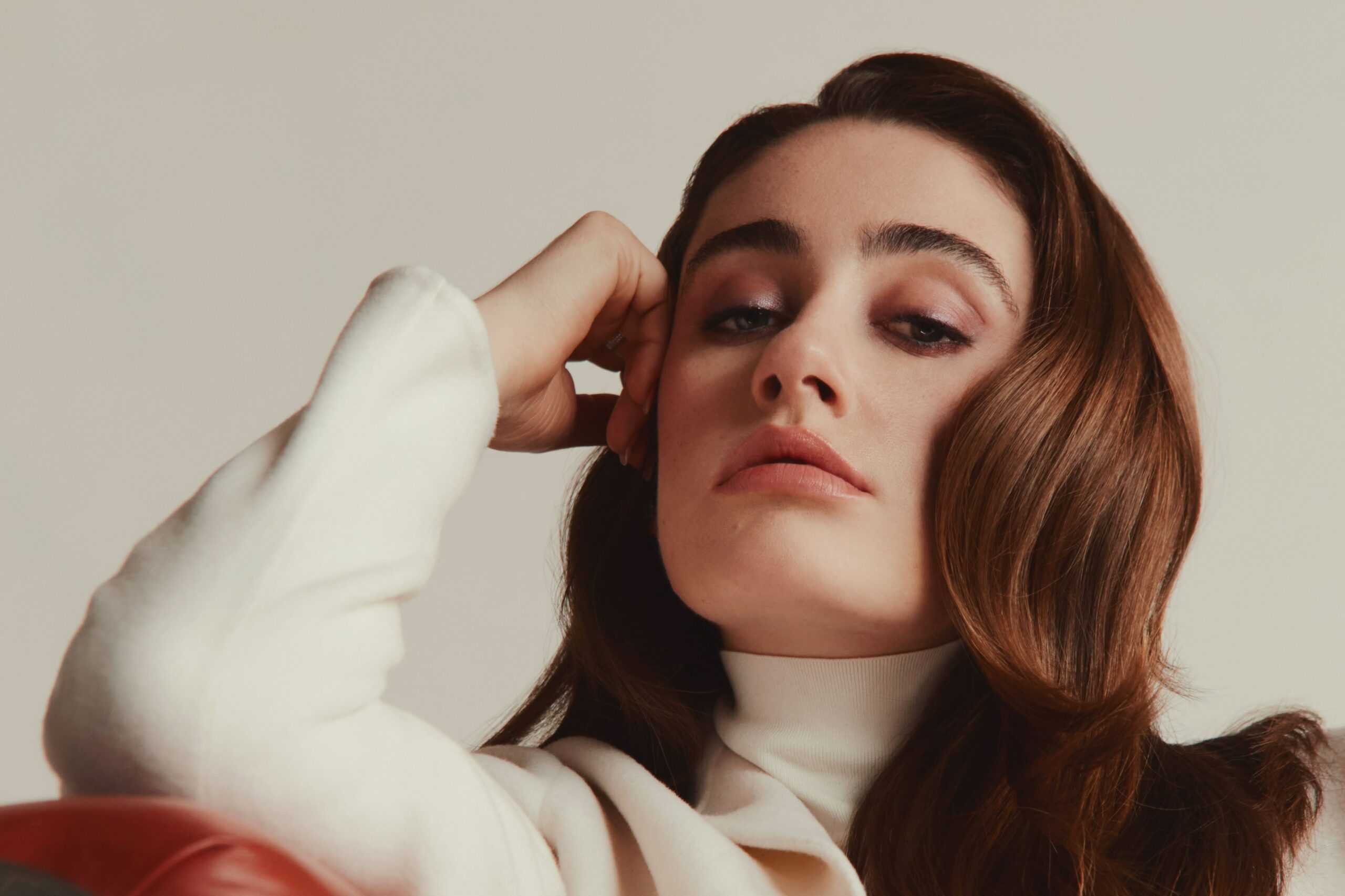
As the film opens, we are introduced to Sam in her current devastated state—bedridden and dissociative. She spends her days microwaving lunch meat and searching her name on Twitter, a stark contrast to the vibrant young woman she used to be. Now, haunted by trauma and unable to perform, Sam’s struggle serves as the emotional anchor of the film.
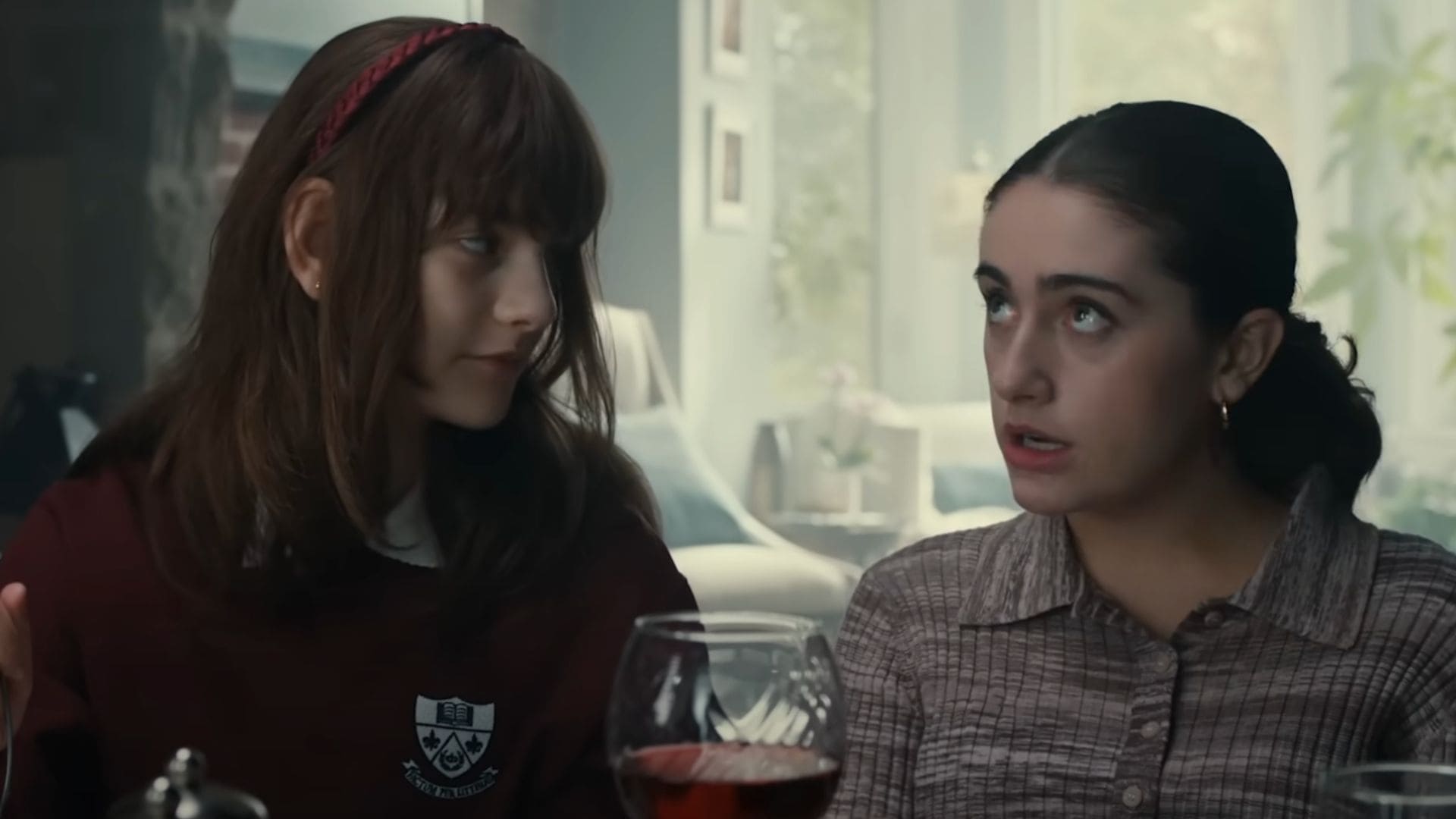
An Emotional Journey with Brooke
The heart of I Used to Be Funny is the evolving relationship between Sam and Brooke (Olga Petsa), a troubled 14-year-old girl who goes missing. As we learn in flashbacks, Sam had previously worked as Brooke’s au pair, becoming a big sister figure amidst Brooke’s family turmoil. The bond they share forms the crux of Sam’s journey toward healing.
The scenes depicting their dynamic are poignant. From their early interactions when Brooke was still grappling with her mother’s illness to more intense moments as they navigate their complicated relationship—with each demanding different kinds of support from the other—their shared experiences highlight the depth of their connection.
The Complexities of Her World
Set against these personal battles is a cast of supporting characters who add layers to the story. Paige (Sabrina Jalees) and Philip (Caleb Hearon), fellow comedians and Sam’s roommates, bring moments of levity even as they grapple with their own struggles. These characters help ground the film with humor, offering a bit of relief amidst heavier themes.
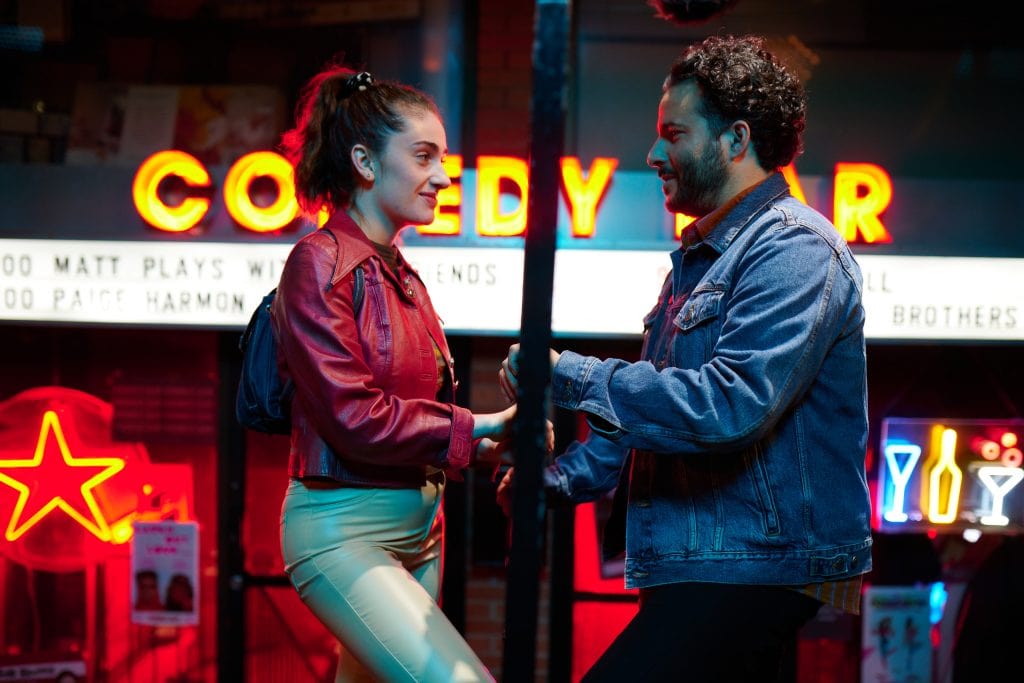
A Troubled Relationship with Noah
Sam’s relationship with her boyfriend Noah (Ennis Esmer) is equally significant. Their exchanges reveal much about her state of mind and the impact her trauma has had on those closest to her. Moments like Sam glancing at photos that trigger memories provide context for her emotional landscape, illustrating how deeply intertwined her past and present are.
Courtroom Drama Unveils Truths
The film’s non-linear structure, reminiscent of Terrence Malick’s storytelling style, can feel gimmicky at times but ultimately serves to build suspense. The fragmented narrative slowly reveals the full extent of Sam’s trauma through well-placed flashbacks.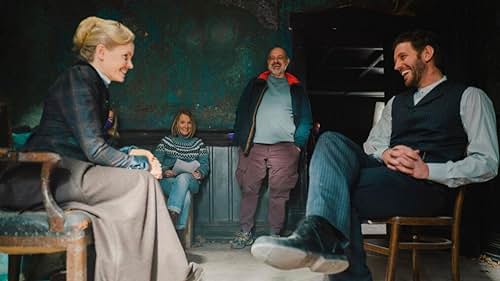
Key revelations come during courtroom scenes where Sam stands as plaintiff in a criminal prosecution, fighting against those who have wronged her. As online clips from her comedy skits are used against her credibility, these moments powerfully underscore the themes of trust and resilience.
Final Thoughts
Pankiw’s debut feature excels in embedding dry humor into serious situations, allowing moments of darkness some light. While certain aspects may feel rushed or underdeveloped—like Cameron (Jason Jones), Brooke’s father—the strength lies in its cast’s ability to bring warmth and wit to their roles.
Rachel Sennott’s portrayal shines brightest here; she navigates her character’s brash self-deprecating humor seamlessly into scenes of chronic self-loathing. Despite its imperfections, I Used to Be Funny offers an insightful look into mental health complexities wrapped in a dark comedic shell—with enough emotional heft to make it worthwhile.
 Follow Us
Follow Us
